release
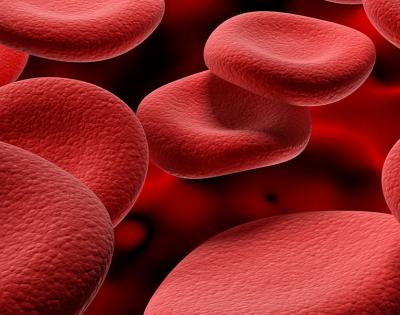
June 15, 2017
Study discovers mechanism behind blood clots that could help prevent heart attacks and strokes It may be possible to disrupt harmful blood clots in people at risk for heart attack or stroke without increasing their risk of bleeding, according to a new study published in Nature Communications. The…

June 12, 2017
Case Western Reserve University and ICBM Medical Inc. have signed an exclusive license agreement to further develop biosensor technology to provide low-cost, rapid patient screening and monitoring for a range of critical clinical conditions, from prostate cancer to concussions. Licensing, issued…
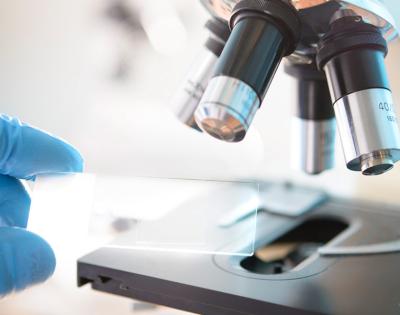
June 08, 2017
Funding to propel studies across six institutions A national collaboration based at the Case Comprehensive Cancer Center (CCCC) has won a $6 million grant to extend its efforts against a particularly lethal form of esophageal cancer. The National Cancer Institute award supports Barrett’s…

June 07, 2017
Researchers at Case Western Reserve University are applying drug-delivery technology to agriculture to control parasitic roundworms more effectively and safely. The tiny roundworms, or nematodes, cause $157 billion in crop failures worldwide each year, other researchers estimate, largely because…

June 06, 2017
In a new study, a team of researchers from Case Western Reserve University and Gebze Technical University (GTU) in Turkey used data science to determine and predict the effects of exposure to weather and other conditions on materials in solar panels. Using data science to predict the deterioration…

June 05, 2017
Significant pockets of concentrated vacancy in Cleveland co-occur with hot spots of lead exposure, violent crime, homicide, weapons violation and aggravated assaults, according to a new study from Case Western Reserve University. Seeking to better understand the spillover effects of vacant…
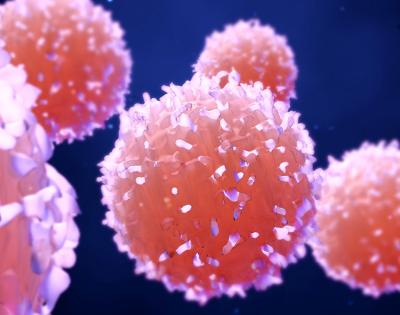
May 25, 2017
Deep-learning network possible step toward automating biopsy slide analysis A deep-learning computer network developed through research led by Case Western Reserve University was 100 percent accurate in determining whether invasive forms of breast cancer were present in whole biopsy…
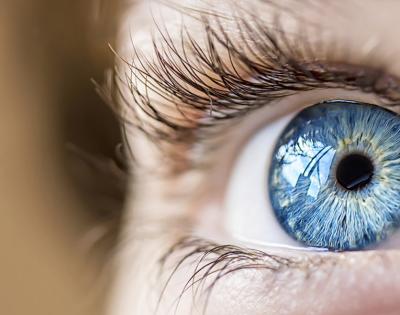
May 23, 2017
Initial testing in animal models holds promise for treating Leber congenital amauroisis and other congenital visual disorders
Researchers at Case Western Reserve University have developed gene-carrying nanoparticles that home in on target cells and prevent vision loss in mice with a human form of…

May 12, 2017
Art History’s Erin Benay earns a 2017 John S. Diekhoff Award for Graduate Teaching Erin Benay’s plans to become a museum curator changed the moment she taught her first class as a graduate student at Rutgers University. “That was it—I loved it—and knew it immediately,” said Benay, an assistant…
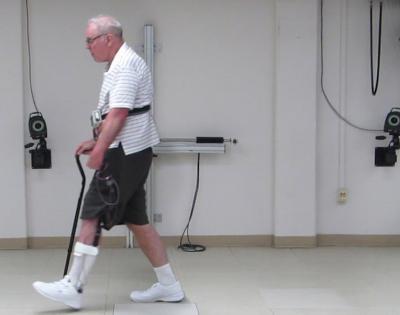
May 11, 2017
Robert Bush has multiple sclerosis (MS), which sapped his ability to walk five years ago. Joseph McGlynn suffered a stroke that seriously impaired his left side, also five years ago. Using technology designed by Case Western Reserve University and the Advanced Platform Technology and Functional…

